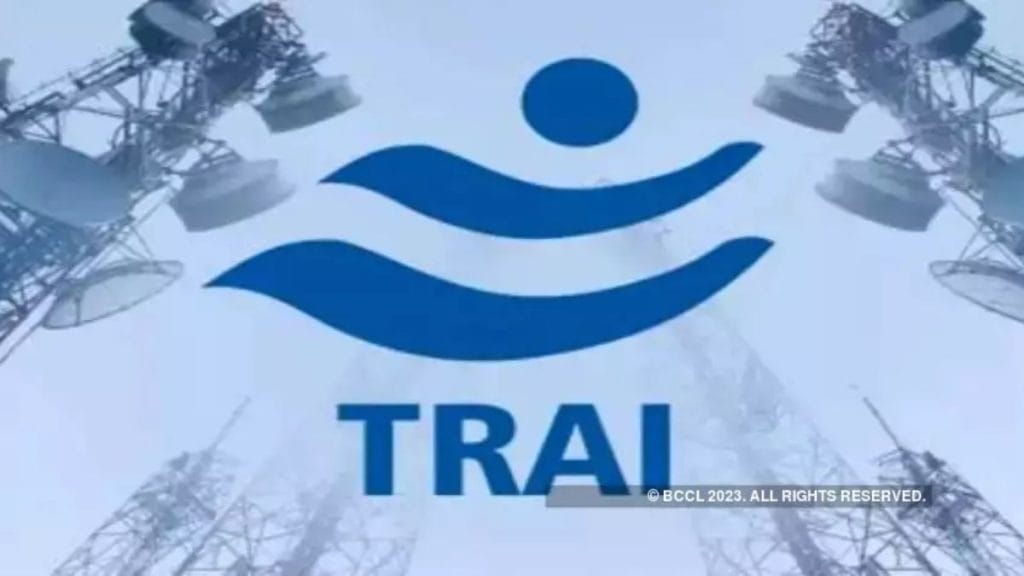New Delhi: Trai directed telcos to have their respective AI/ML systems capable of constantly evolving to deal with new signatures, new patterns and new techniques used by unregistered telemarketers.
The Telecom Regulatory Authority of India (Trai) on Tuesday, as part of directions to telcos on deploying artificial intelligence and machine learning (AI & ML) based systems to control pesky calls and SMSes, asked them to detect bulk senders of junk messages. Further, on receiving complaints from 10 or more users regarding commercial communication, the telcos have been asked to put a limit on telemarketers and to launch an investigation.
The move aims to identify unregistered telemarketers who are not complying with the regulations and are tweaking the message content and templates. Many such telemarketers are using even 10-digit mobile numbers to send commercial communication through messages or calls.
Trai gives enterprises two weeks to verify SMS templates.
Trai directed telcos to have their respective AI/ML systems capable of constantly evolving to deal with new signatures, new patterns and new techniques used by unregistered telemarketers. The companies have been asked to comply with the directions and report an updated status on actions taken within 30 days. “Despite measures taken by the TSPs, UCC (unsolicited commercial communication) from unregistered telemarketers (UTMs) is still continuing. At times these UTMs, through messages having fraudulent links and telephone numbers, trap the customers into sharing their critical information causing financial loss to the customers,” Trai said. The current UCC detection systems deployed by the telcos are not fully capable of detecting such communication, it said.
Trai also noted that telemarketers are continuously evolving new SMS phishing (smishing) patterns, CTAs (calls to action) and other frequently changing techniques, which sometimes remain active for less than a couple of hours, thus making it almost impossible to contain the menace. Further, telcos have been asked to conduct reputation-based analysis of the message sender through their AI/ML system, which may be helpful in avoiding false positives, taking into account factors like age of subscription, authentication at the time of subscription, address verification method, and SMS sending/calling pattern.
In April, Vodafone Idea showed an anti-phishing technology developed by Tanla Platforms to Trai. In the trial, the company claimed to have an accuracy rate of 99%. Trai had then also asked other operators to come out with their anti-phishing solutions.
“The AI-ML powered solution will facilitate a cleaner messaging ecosystem by promptly identifying and preventing the circulation of phishing messages. The system will also report the perpetrators to law enforcement, enabling them to take swift action,” said Sunil Bajpai, chief trust officer of Tanla Platforms.
Last month, Trai asked enterprises such as banks, insurance companies, financial institutions, and other entities to re-verify their SMS content templates with the telcos within two weeks. It also asked telecom operators to stop using message templates for commercial communication in the next 45 days.
In this direction, the telecom regulator had also asked telcos only to allow only three variables in a content template. However, suppose any entity wishes to use more than three variables in a content template for sending a communication to their users. In that case, the same should be allowed only after examining the sample message and proper reasons and justification.





